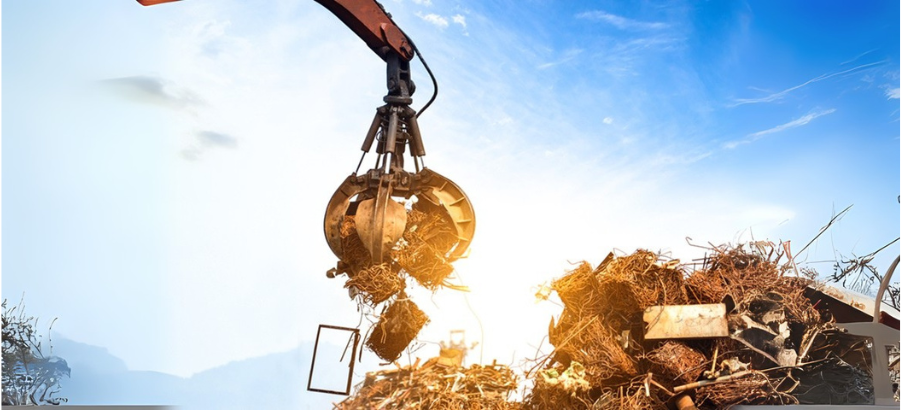A Landmark Moment in Dubai’s Waste Management Journey and the Road Ahead
24 June, 2025
By advancing its waste agenda, Dubai is not only fulfilling a local need but also contributing to broader global environmental goals, demonstrating leadership in sustainability and resilience.
Dubai’s decision to close all landfills by 2027 represents a landmark shift in the region’s environmental strategy.
Announced by Dubai Municipality, the plan brings forward the previous timeline by three years is more than just a policy change, it signals both urgency and growing confidence in the emirate’s ability to transition from a linear model of waste management to one that is circular, resourceful, and sustainable.
Looking beyond infrastructure
At first glance, the landfill closure initiative may appear to be primarily an infrastructure project. But this milestone goes far beyond infrastructure. It reflects how effective policy, long term planning, and collaboration between public and private sectors can redefine sustainability outcomes.
From launching recovery and recycling systems to operating the world’s largest waste to energy facility in Warsan, the UAE has laid the foundation for a circular economy, one where waste is no longer viewed as an endpoint but as a source of renewed value.
The goal to close Dubai’s landfills by 2027 is both bold and commendable — and one many businesses are fully committed to supporting.
The Role of Industry
The waste management industry is complex and multi-dimensional, and with each layer and as many key players – there are many components which need to come together to contribute meaningfully to this national ambition.
From processing waste and working with thousands of corporates across the emirates to specialist transformation and processing of recyclables, construction and demolition waste and dedicated liquid treatment plants – there is much that needs to be considered.
But even more importantly, this mission requires engagement beyond the waste management industry. Responsibility must be shared and integrated across the value chain including developers, architects, urban planners, corporate entities, and everyday residents all have a critical role to play.
Creating a circular economy cannot be achieved by waste management companies alone. It must be embedded into how buildings are designed, how operations are managed, how products are manufactured, and how individuals consume and dispose. It’s a whole-systems challenge that demands a whole-of-society solution.
Mindset as the True Catalyst
Despite the advancements in infrastructure and policy, the real catalyst for change lies in the mindset. To truly close the loop, we must shift how society thinks about waste from a nuisance to a resource, from disposal to opportunity. From consumer to corporates is the ongoing shift in mindset.
Whilst this takes a heavy lift in operations – the lynchpin is actually a wider and broader education piece so that individuals and corporates alike are engaged in waste processing and sustainability initiatives and understand how efforts contribute to the nation’s broader strategy – aligning with net zero goals.
It is clear that the transition cannot rest on infrastructure and partnerships alone. It demands a broader cultural shift across households, industries, and institutions. Consumers must be empowered to adopt responsible disposal habits, and businesses must design sustainability into their operations from the outset.
At a national level, the UAE’s Net Zero 2050 roadmap offers the framework. The landfill phase-out plan reinforces it, cutting emissions, conserving land, and unlocking new energy potential from materials once discarded.
The global context is equally pressing. The climate crisis, coupled with rising consumption, places enormous pressure on land, air, and water. By advancing its waste agenda, Dubai is not only fulfilling a local need but also contributing to broader global environmental goals, demonstrating leadership in sustainability and resilience.
By maintaining this momentum, 2027 can mark not just the end of landfill dependency but the beginning of a new era—one that’s cleaner and defined by resourcefulness, circular thinking, and environmental stewardship.
The journey from waste to worth is underway and its success will not be measured by infrastructure alone but by the values and behaviours we embed as a society. If we stay the course, this moment could serve as a defining legacy for generations to come.




